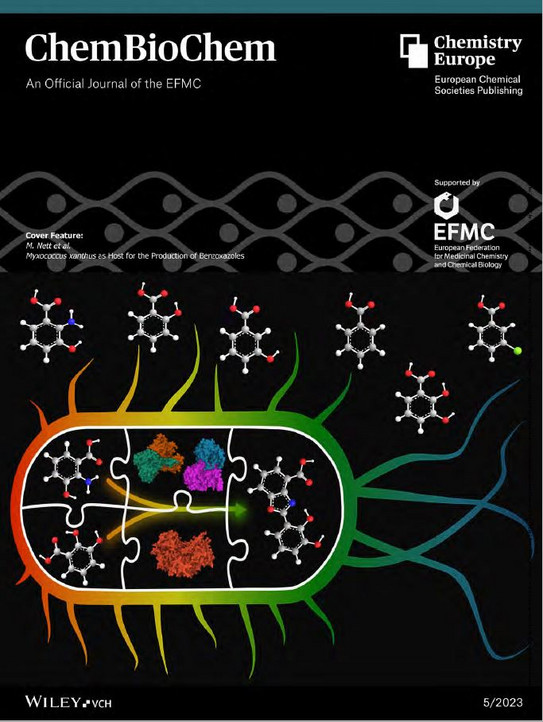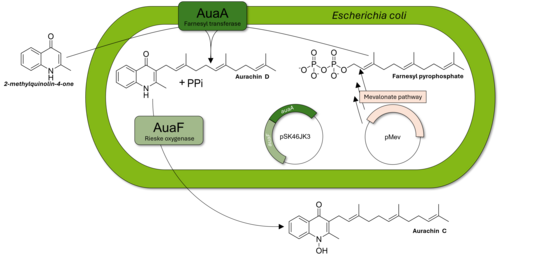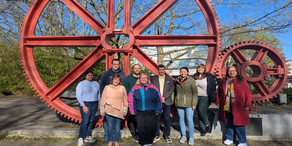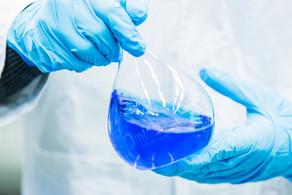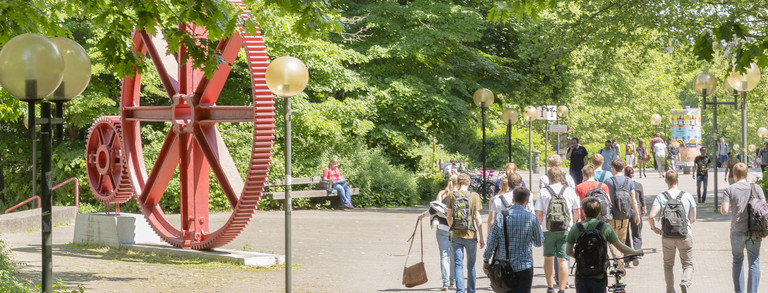Mikrobielle Zellfabriken (Nett / Winand)
Die Menschheit nutzt Mikroben und ihre Stoffwechselleistungen schon seit Jahrhunderten, z. B. zum Brotbacken oder Bierbrauen. Im Gegensatz dazu sind die rekombinante Herstellung von Arzneimitteln oder die Feinabstimmung von Stoffwechselnetzwerken in rational entworfenen mikrobiellen Zellen vergleichsweise neue Konzepte. In unserer Forschung entwickeln wir die Bakterien Escherichia coli und Myxococcus xanthus so, dass sie aus erneuerbaren Kohlenstoffquellen interessante Chemikalien herstellen können. Zu diesem Zweck entwickeln wir auch Werkzeuge, die die Umgestaltung der Biosynthesewege in diesen Organismen erleichtern.
[1] Korp, J.; Winand, L.; Sester, A.; Nett, M. Engineering pseudochelin production in Myxococcus xanthus. Applied and Environmental Microbiology 84, e01789-18 (2018) https://doi.org/10.1128/AEM.01789-18
[2] Kruth, S.; Schibajew, L.; Nett, M. Biocatalytic production of the antibiotic aurachin D in Escherichia coli. AMB Express, 12, 138 (2022) https://doi.org/10.1186/s13568-022-01478-8
[3] Winand, L.; Lernoud, L.; Meyners, S.A.; Kuhr, K.; Hiller, W.; Nett, M. Myxococcus xanthus as host for the production of benzoxazoles. ChemBioChem 24, e202200635 (2023) https://doi.org/10.1002/cbic.202200635
